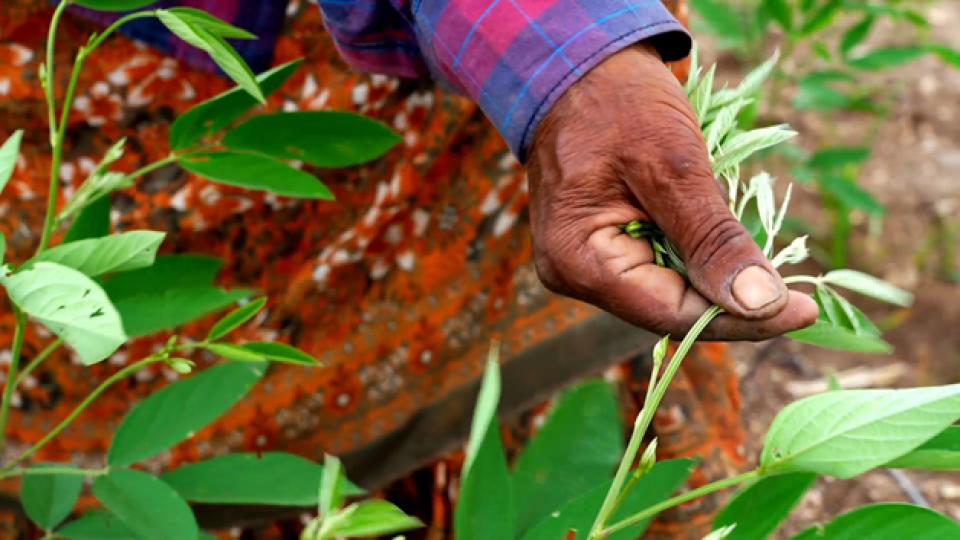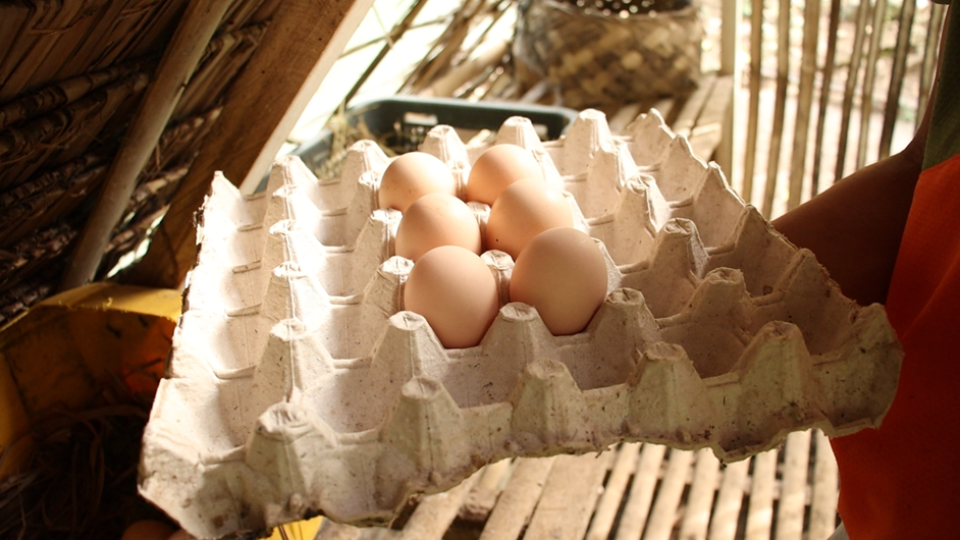
How to improve farmers’ access to relevant knowledge and enable experienced farmers to share their knowledge with others in their own country, and beyond, at little cost? A new study sheds light on these and other key questions related to scaling up agroecology.
In Benin and Mali, over 80 percent of rural people earn a living from agriculture. Many are not food secure because they lack knowledge of good agricultural practices, natural resource management, and ways to cope with climate change and natural disasters.
Through action research, PhD student Gérard C. Zoundji revealed how digital agricultural extension supported by Access Agriculture has the potential to make global impact on farmers’ lives and the environment.
Access Agriculture enables anyone to have access to quality farmer-to-farmer training videos in international and local languages. Public and private sectors both have a role to play in ensuring last mile delivery. Zoundji’s research showed that 80% of some 700 videos were sold by mobile DVD vendors and agrodealers within 4 months. Farmers readily paid 1 USD or more, indicating they are willing to pay for e-learning.
Almost all the farmers found the content of the videos extremely useful and changed the way they had been growing vegetables for years, such as spraying agrochemicals to control nematodes and using too much water to irrigate. After watching videos, all respondents were even willing to invest in drip irrigation. Already 18% bought the kit which costs about $500 and 6% had made their own drip irrigation kit using buckets and old hoses. Because the videos were presented in French and various local languages, farmers understood and remembered all the key messages without the need of a facilitator. They also readily shared what they had learned with others in the community.
In Mali, videos significantly triggered farmers to use various techniques to adapt to climate change. Over 95% practiced crop rotation combined with intercropping, managed their soil fertility in a more sustainable way, diversified their crops. About 78% used improved short-cycle seed varieties, 68% planted trees and 51% used zaï pits (micro water catchments). In the villages where the videos were shown, sorghum, millet and maize yields increased by 14%, 30% and 15% respectively.
With such great research findings, evidently Gérard C. Zoundji received the highest distinction on his PhD dissertation entitled “Using learning videos to share technologies for innovation: Pathways for sustainable agriculture in Benin and Mali” at the University of Abomey-Calavi (Benin), Faculty of Agricultural Sciences on Monday 5 March 2018.
Zoundji’s and other publications related to the use of videos in extension can be downloaded from: https://www.accessagriculture.org/publications


